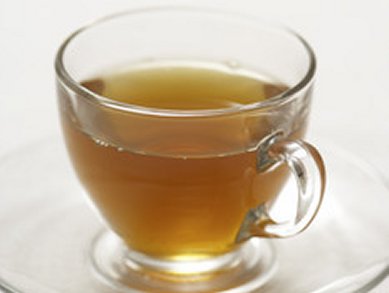Rooibos is a popular herbal tea made from the stems and leaves of Aspalathus linearis, which is unique to the Western Cape region of South Africa. Compared to black tea, Rooibos is free of caffeine and has only low tannin levels, but is a rich source for polyphenols and flavonoids. Humans ingest significant amounts of flavonoids in their diet.
Amanda Swart, Stellenbosch University, South Africa, and colleagues investigated the influence of flavonoids in Rooibos on the biosynthesis and inactivation of glucocorticoids. This was done by determining the glucocorticoid plasma levels in human test subjects by ultra-performance liquid chromatography and mass spectrometry. Glucocorticoids are hormones synthesized in the adrenal cortex by a set of enzymes from their common precursor cholesterol and have various important physiological functions, for example in the metabolism of glucose, as well as in stress response. Rooibos affects glucocorticoid biosynthesis by reducing its production in the adrenal cortex and/or favoring its inactivation. Therefore, Rooibos could help to maintain a normal level of glucocorticoids.
This finding indicates a potential therapeutic application for Rooibos in the management of stress-related conditions and metabolic diseases.
- Rooibos influences glucocorticoid levels and steroid ratios in vivo and in vitro: A natural approach in the management of stress and metabolic disorders?,
Lindie Schloms, Carine Smith, Karl-Heinz Storbeck, Jeanine L. Marnewick, Pieter Swart, Amanda C. Swart,
Mol. Nutr. Food Res. 2013.
DOI: 10.1002/mnfr.201300463


